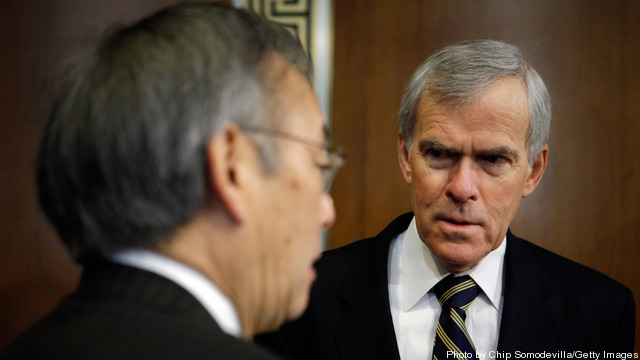
The U.S. Environmental Protection Agency published its first restrictions on air pollution from natural gas fracking operations, requiring energy companies to make big reductions in the output of volatile organic compounds, air toxics and methane by flaring or using “green completions” to separate gas and liquid hydrocarbons in gas-well flowback.
The rules are designed to cut emissions of VOCs by 95 percent from about 11,000 newly fracked wells each year; reduce air toxics such as benzene by up to 20,000 tons, and lower the emission of methane – a potent greenhouse gas – by the equivalent of up to 33 million tones of CO2. Keep reading →









